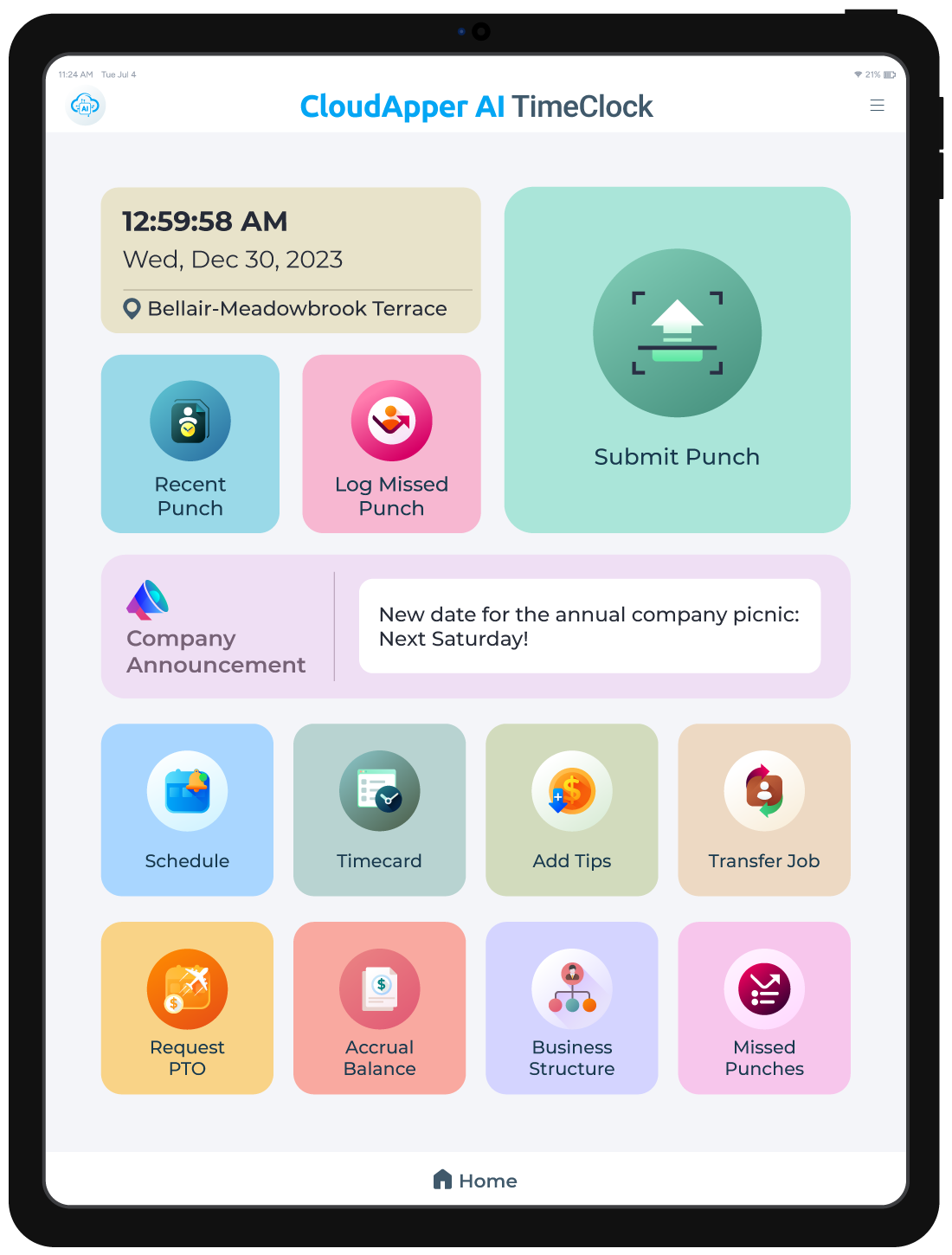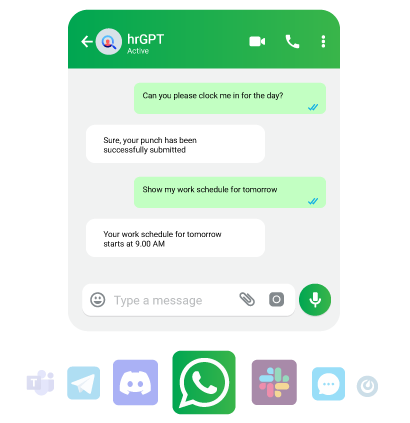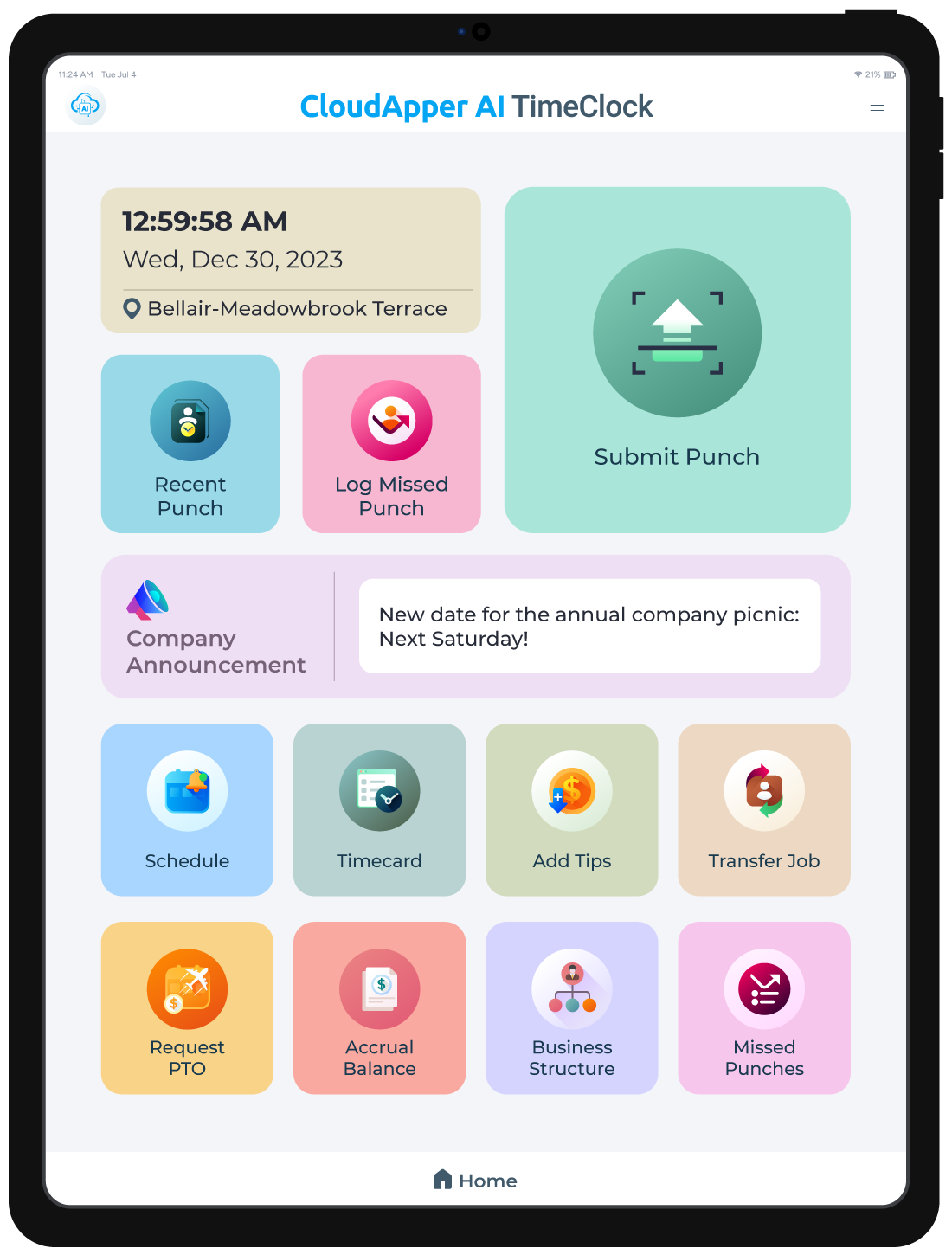Setting Expectations For Remote Teams
Hiring distributed team members can be an effective option for many businesses who are looking for extra support in their business ventures. But in order to be successful, you need to agree to certain things beforehand, otherwise, the solution can easily become a problem. Keep in mind that they don’t mind readers! That’s why managing a successful remote team should start with setting expectations for remote teams. But where do you start? In this article, we will talk about five expectations that will help you lay the groundwork. If you can create guidelines for communication, accountability, productivity, availability, and teamwork, you can expect great results from your remote team.

Communication
Communication is important, and it should be properly conducted under one single platform. Being distributed in different cities—or even countries—can make proper communication a difficult task. So, set a channel of communication and make sure employees know what’s expected of them. Should they tell you when they complete a task? Respond to emails or messages in a set amount of time? Be on weekly or daily calls? Having a predefined plan makes communication much easier.
Accountability
Make sure everyone knows their responsibilities and accountabilities. Otherwise, your team could be operating inefficiently. Communicate with team members clearly about their obligations, KPI, and how you’ll be measuring their success. You can also go for remote employee monitoring software that tracks their daily activities and lets them know that their every effort is accounted for.
Productivity
Setting expectations for remote teams based on desired productivity gets your whole team on the same page. Providing them with all the right tools keeps it that way. Set your expectations straight about their productivity goals from the word go:

Productivity metrics show you what’s getting done.
Accurate time tracking lets you measure efficiency.
Freedom of work style is crucial for remote teams; encourage it.
Availability
To promote timely communication, effective collaboration, and teamwork, consider requiring your remote team to work at least a few specific hours. Deciding common convenient times for globally distributed teams can be difficult, but even a couple hours of overlap can give a big boost to productivity.
Engagement
Just like in-house groups, remote workers should be expected to work as part of a team. Let your remote workers know that despite their physical distance from each other they are alone or that they can’t ask for help. This will improve employee engagement and morale. Engagement is good for everyone in the group, remote or not. Develop a team bond and encourage personal connections with employee engagement apps. Everyone on the team will benefit from it.
Setting expectations for remote teams keeps the team engaged even when they are not under the same roof. It ensures there is no confusion on what is needed to keep them successful. So, if you haven’t set them yet, do it now.










I’d like to contact someone from your company to apply your solutions to our Company.